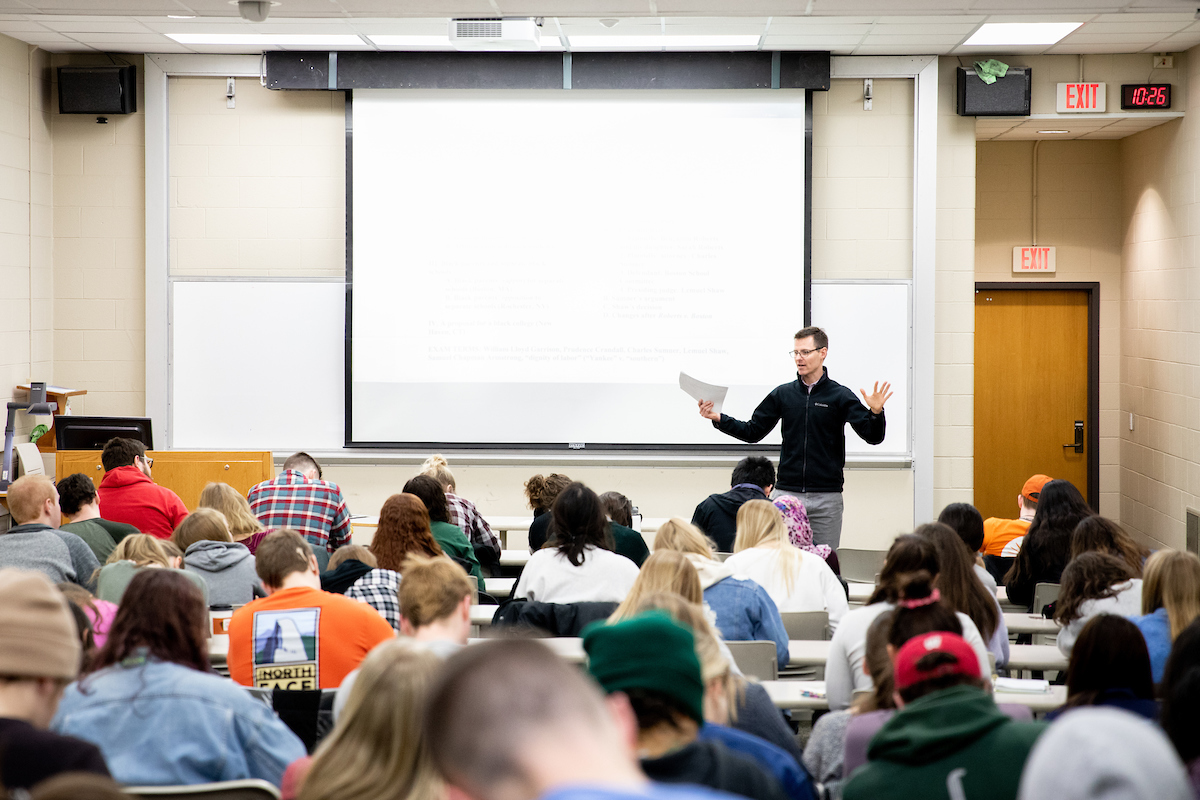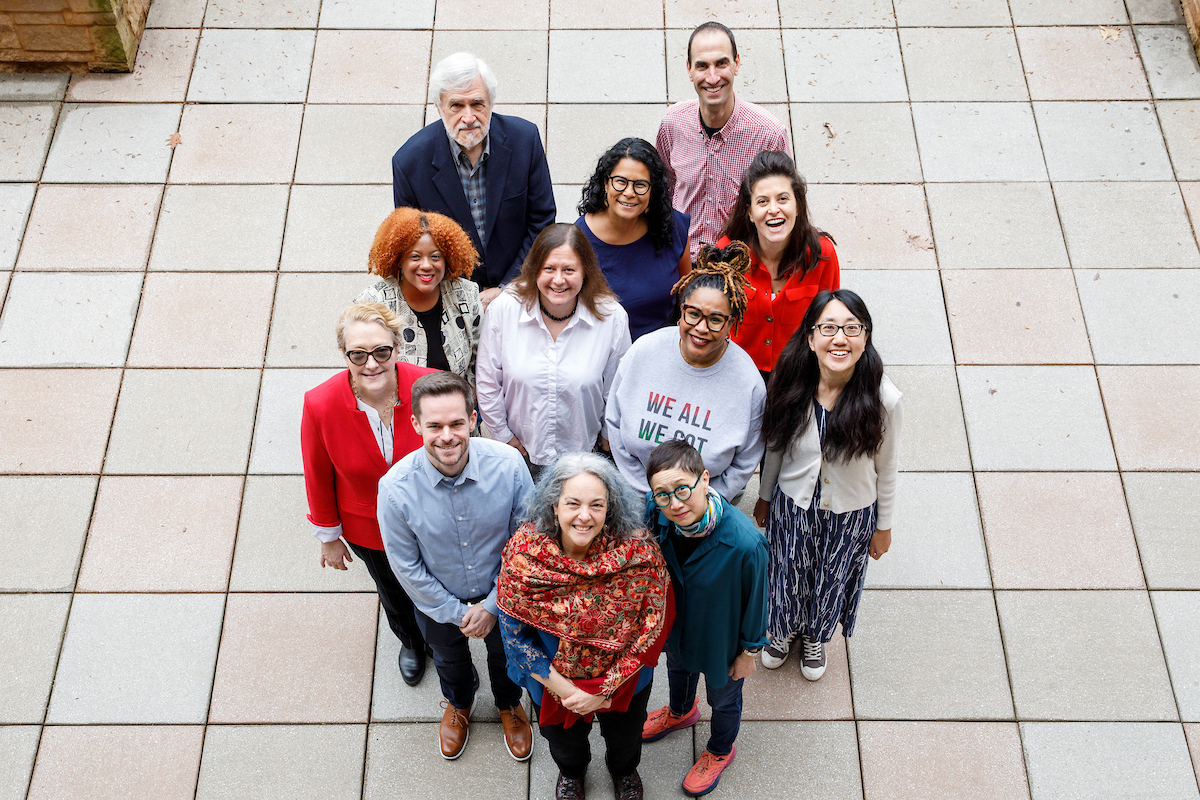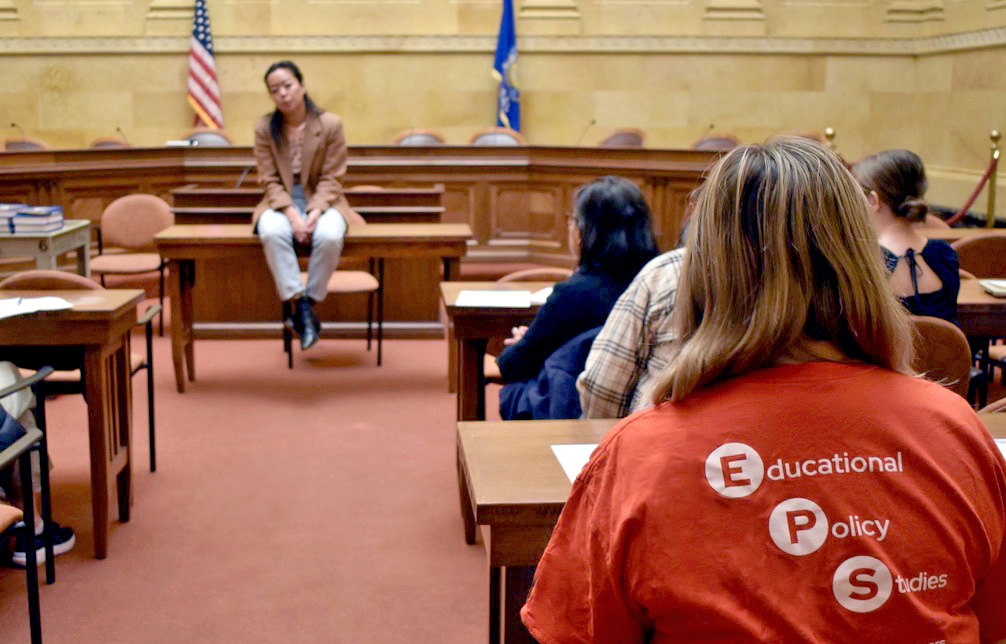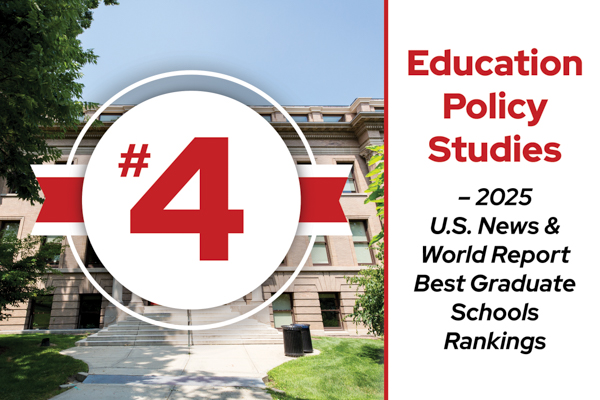Our Department
The UW Madison Department of Educational Policy Studies (EPS) deepens and expands understanding of educational policy and practice, past and present, at local, national, and international levels through our teaching, research, and service to communities and schools in Wisconsin and around the world. We examine educational policies, movements, outcomes, dilemmas, and controversies — as well as the forces shaping them — through diverse disciplinary and methodological approaches.
We have renowned faculty, dedicated staff, award-winning students, and we are ranked among the top 10 educational policy programs nationwide. Our undergraduate students go on to become leaders in educational policy, research, and practice as education and policy analysts, education specialists, policy researchers and evaluators, program directors, youth workers, or in other positions of community or institutional leadership. Our graduate students can be found in a variety of academic, government, and private sector careers. Check out our “About” page to learn more!
Phenomenal Programs
Through eye-opening, challenging degree and certificate programs, students critically analyze educational dilemmas, conduct research, and develop skills to transform policy and practice across the globe. Students participate in high-impact learning activities such as study abroad, internships, seminar discussion, and research opportunities.

A Vibrant Intellectual Community
Join a community of scholars, leaders, and thinkers. Think alongside peers and faculty in dynamic classes that foster interaction, collaboration, and learning across differences. Students from all walks of life are supported to build individualized pathways within an intellectually stimulating and caring environment.

Learning for Justice
Learn from and with communities locally and globally, engage in compassionate witnessing, think critically and holistically about the most pressing issues in education and in society, imagine the world differently, and create more just futures –ones where individuals, communities, and our world thrive. Students strengthen their voices and use them!

Events
- February
- February 18"Wholeness is no trifling matter": Wellness as Community CareA Cookies with the Collective Workshop with Dr. Marcelle Haddix10:00 AM, Black Cultural Center, Armory and Gymnasium (Red Gym)
- February 18
- February 20School of Education Lunar New Year Celebration 2026Lunar New Year 20264:30 PM, Morgridge Commons, Education Building



